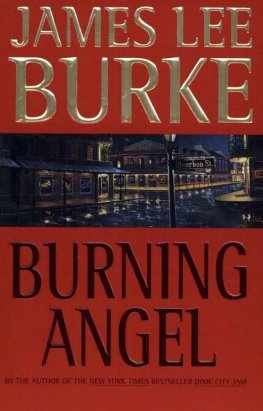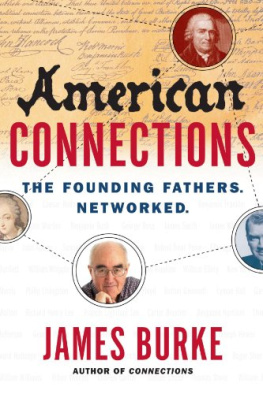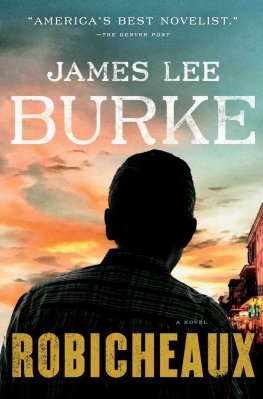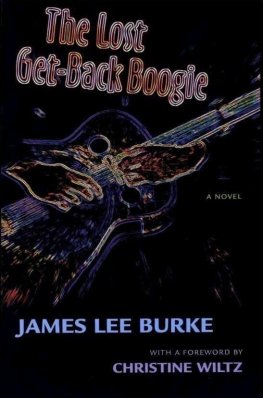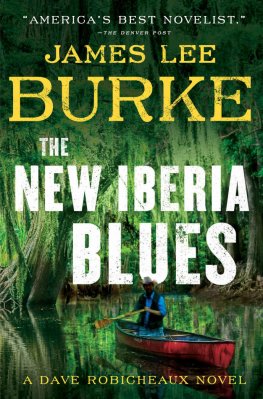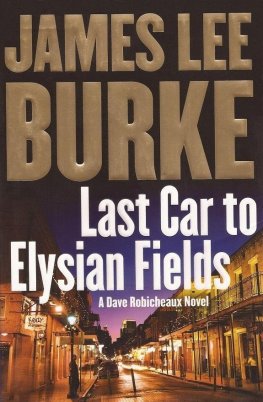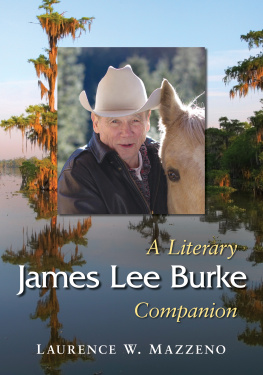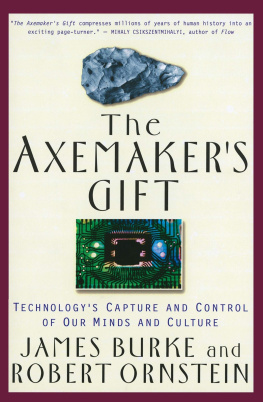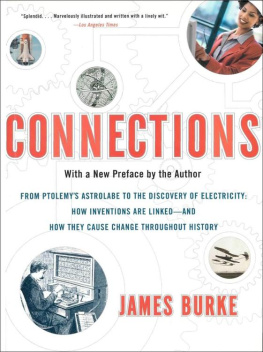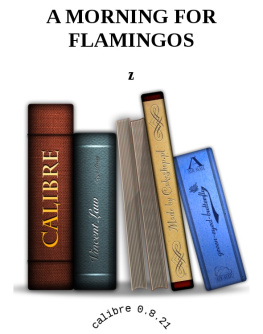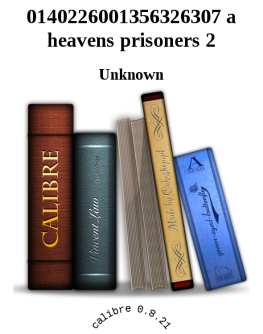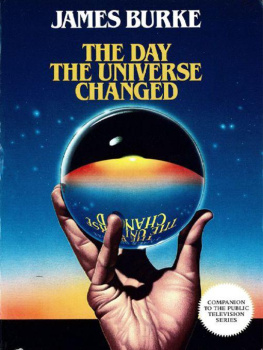James Burke - Day the Universe Changed
Here you can read online James Burke - Day the Universe Changed full text of the book (entire story) in english for free. Download pdf and epub, get meaning, cover and reviews about this ebook. publisher: Little, Brown and Company, genre: Religion. Description of the work, (preface) as well as reviews are available. Best literature library LitArk.com created for fans of good reading and offers a wide selection of genres:
Romance novel
Science fiction
Adventure
Detective
Science
History
Home and family
Prose
Art
Politics
Computer
Non-fiction
Religion
Business
Children
Humor
Choose a favorite category and find really read worthwhile books. Enjoy immersion in the world of imagination, feel the emotions of the characters or learn something new for yourself, make an fascinating discovery.

- Book:Day the Universe Changed
- Author:
- Publisher:Little, Brown and Company
- Genre:
- Rating:3 / 5
- Favourites:Add to favourites
- Your mark:
- 60
- 1
- 2
- 3
- 4
- 5
Day the Universe Changed: summary, description and annotation
We offer to read an annotation, description, summary or preface (depends on what the author of the book "Day the Universe Changed" wrote himself). If you haven't found the necessary information about the book — write in the comments, we will try to find it.
Day the Universe Changed — read online for free the complete book (whole text) full work
Below is the text of the book, divided by pages. System saving the place of the last page read, allows you to conveniently read the book "Day the Universe Changed" online for free, without having to search again every time where you left off. Put a bookmark, and you can go to the page where you finished reading at any time.
Font size:
Interval:
Bookmark:
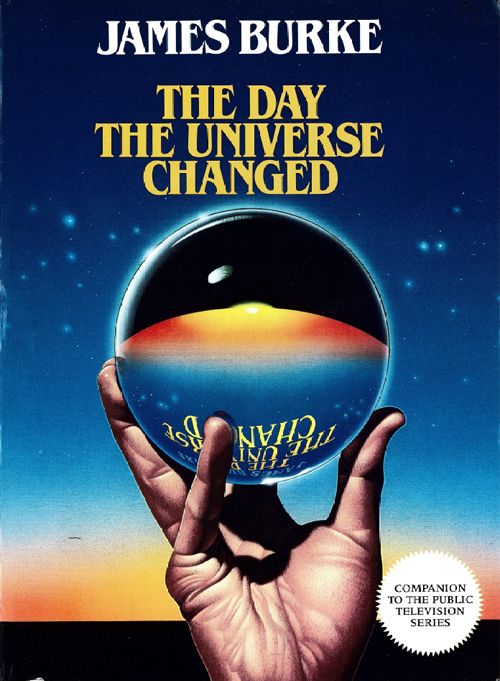
Copyright 1985 by London Writers Ltd.
All rights reserved. No part of this book may be reproduced
in any form or by any electronic or mechanical means including
information storage and retrieval systems without permission
in writing from the publisher, except by a reviewer
who may quote brief passages in a review.
First eBook Edition: November 2009
Hachette Book Group
237 Park Avenue
New York, NY 10017
Visit our website at www.HachetteBookGroup.com
ISBN: 978-0-316-09191-6
So many members of academic faculties have given invaluable assistance in the writing of this book that it is regrettably impossible for me to express my gratitude to them all individually. I hope they will forgive me if I make mention in particular of Dr Alistair Crombie, of Trinity College, Oxford, who was especially generous with both his time and his unequalled knowledge.
I should like to thank Penny Fairfax, Bettina Lerner and Jay Ferguson for their meticulous assistance with research, as well as the television production team who worked so hard to make possible the series of programmes associated with this book: Richard Reisz, John Lynch, Martin Hughes-Games, Katharine Everett, Maralyn Lister, Dorothy Prior, Brian Hall, Ian Stone, John Else, Sarah Carr and last but far from least, my hardworking and talented assistant, Veronica Thorne.
Juliet Brightmore, Angela Dyer and Robert Updegraff put the book together, in trying circumstances, with the flair and quality for which they are justly known.
My wife, incredibly, tolerated it all for over three years.
JAMES BURKE
London 1984
You are what you know. Fifteenth-century Europeans knew that the sky was made of closed concentric crystal spheres, rotating around a central earth and carrying the stars and planets. That knowledge structured everything they did and thought, because it told them the truth. Then Galileos telescope changed the truth.
As a result, a hundred years later everybody knew that the universe was open and infinite, working like a giant clock. Architecture, music, literature, science, economics, art, politics - everything - changed, mirroring the new view created by the change in the knowledge.
Today we live according to the latest version of how the universe functions. This view affects our behaviour and thought, just as previous versions affected those who lived with them. Like the people of the past, we disregard phenomena which do not fit our view because they are wrong or outdated. Like our ancestors, we know the real truth.
At any time in the past, people have held a view of the way the universe works which was for them similarly definitive, whether it was based on myths or research. And at any time, that view they held was sooner or later altered by changes in the body of knowledge.
This book examines some of those moments of change, in order to show how the changes of view also generated major institutions or ways of thought which have since survived to become basic elements of modern life.
Each chapter begins at the point where the view is about to shift: in the eleventh century before the extraordinary discoveries by the Spanish Crusaders; in the Florentine economic boom of the fourteenth century before a new way of painting took Columbus to America; in the strange memory-world that existed before printing changed the meaning of fact/; with sixteenth-century gunnery developments that triggered the birth of modern science; in the early eighteenth century when hot English summers brought the Industrial Revolution; at the battlefield surgery stations of the French revolutionary armies where people first became statistics; with the nineteenth-century discovery of dinosaur fossils that led to the theory of evolution; with the electrical experiments of the 1820s which heralded the end of scientific certainty.
The last chapter examines the implications of this approach to knowledge and what it means. If all views at all times are valid, which is the right one? Is there any direction to the development of knowledge, or merely substitution of one form for another? If this is the case, can there be any permanent and unchanging values or standards? Has the course of learning about the universe been, as science would claim, a logical and objective search for the truth, or is each step taken for reasons related only to the theories of the time? Do scientific criteria change with changing social priorities? If they do, why is science accorded its privileged position? If all research is theory-laden, contextually determined, is knowledge merely what we decide it should be? Is the universe what we discover it is, or what we say it is? If knowledge is an artefact, will we go on inventing it, endlessly? And if so, is there no truth to seek?
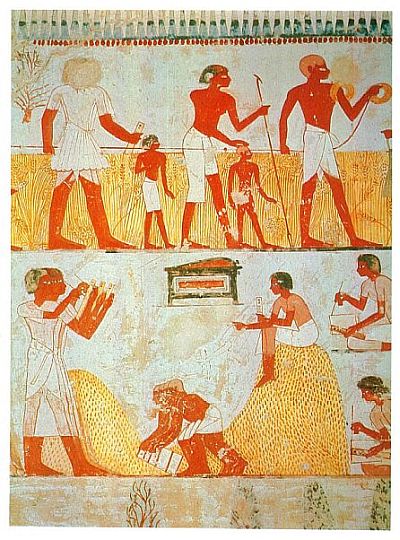
An Egyptian wall-painting from a tomb of the 18th dynasty (1567-1320 BC). The figure top right is the surveyor, playing out his measuring string as he and other officials walk the boundaries of a field. The small figures are peasant workers.
Somebody once observed to the eminent philosopher Wittgenstein how stupid medieval Europeans living before the time of Copernicus must have been that they could have looked at the sky and thought that the sun was circling the earth. Surely a modicum of astronomical good sense would have told them that the reverse was true. Wittgenstein is said to have replied: I agree. But I wonder what it would have looked like if the sun had been circling the earth.
The point is that it would look exactly the same. When we observe nature we see what we want to see, according to what we believe we know about it at the time. Nature is disordered, powerful and chaotic, and through fear of the chaos we impose system on it. We abhor complexity, and seek to simplify things whenever we can by whatever means we have at hand. We need to have an overall explanation of what the universe is and how it functions. In order to achieve this overall view we develop explanatory theories which will give structure to natural phenomena: we classify nature into a coherent system which appears to do what we say it does.
This view of the universe permeates all aspects of our life. All communities in all places at all times manifest their own view of reality in what they do. The entire culture reflects the contemporary model of reality. We are what we know. And when the body of knowledge changes, so do we.
Each change brings with it new attitudes and institutions created by new knowledge. These novel systems then either oust or coexist with the structures and attitudes held prior to the change. Our modern view is thus a mixture of present knowledge and past viewpoints which have stood the test of time and, for one reason or another, remain valuable in new circumstances.
In looking at the historical circumstances which gave birth to these apparently anachronistic elements, which this book will attempt to do, it will be seen that at each stage of knowledge, the general agreement of what the universe is supposed to be takes the form of a shorthand code which is shared by everyone. Just as speech needs grammar to make sense of strings of words, so consensual forms are used by a community to give meaning to social interaction. These forms primarily take the shape of rituals.
Rituals are condensed forms of experience which convey meanings and values not necessarily immediately obvious or consciously understood by the people performing them. They relate to those elements of the culture considered valuable enough to retain. Involvement in them implies that the participants are not maverick. They conform by acting out the ritual. Each participant has a specific role to play, and one that is not invented or elaborated but laid down prior to the event.
Font size:
Interval:
Bookmark:
Similar books «Day the Universe Changed»
Look at similar books to Day the Universe Changed. We have selected literature similar in name and meaning in the hope of providing readers with more options to find new, interesting, not yet read works.
Discussion, reviews of the book Day the Universe Changed and just readers' own opinions. Leave your comments, write what you think about the work, its meaning or the main characters. Specify what exactly you liked and what you didn't like, and why you think so.

